Entry Category: Government and Politics - Starting with B
Big Lake Wars
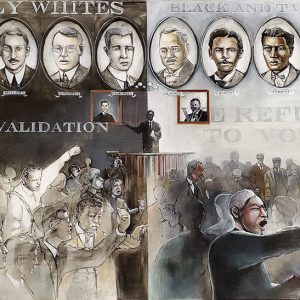 Black and Tan Republicans
Black and Tan Republicans
Black and Tan Republicans
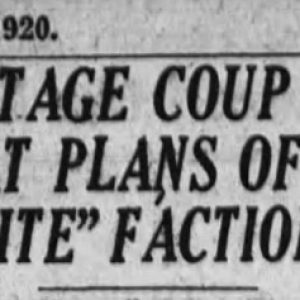 Black and Tan Republicans Article
Black and Tan Republicans Article
Black Power Movement
Black, Pickens W., Sr.
Blackwood, Dwight Hale
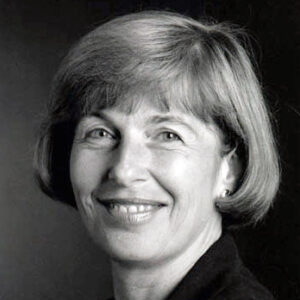 Diane Blair
Diane Blair
Blair, Diane Frances Divers Kincaid
Blair, Peggy O’Neil Long Hartness
Bliss, Calvin Comins
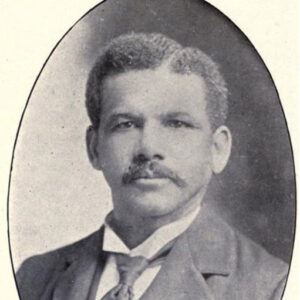 Josiah H. Blount
Josiah H. Blount
Blount, Josiah Homer
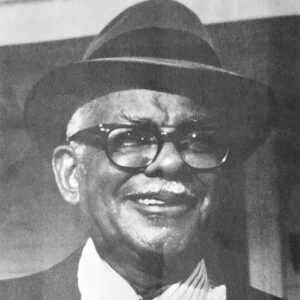 Scott Bond Blount
Scott Bond Blount
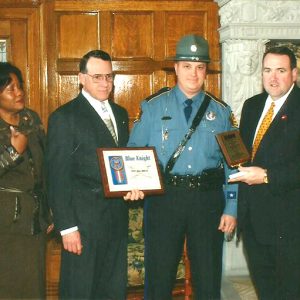 Blue Knight Award
Blue Knight Award
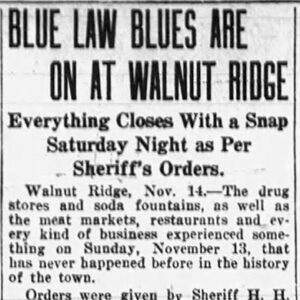 Blue Law Closings
Blue Law Closings
Blue Laws
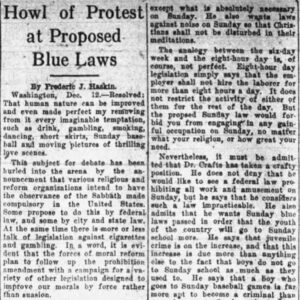 Blue Laws
Blue Laws
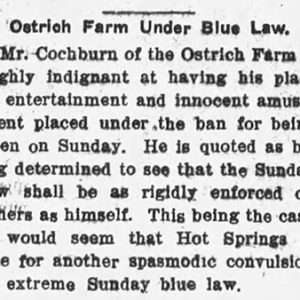 Blue Laws Article
Blue Laws Article
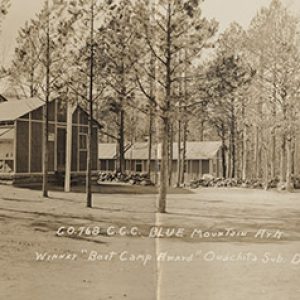 Blue Mountain CCC
Blue Mountain CCC
Bohlinger, Neill
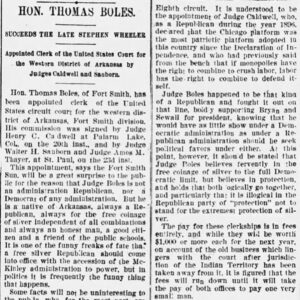 Boles Appointment
Boles Appointment
Boles, Thomas
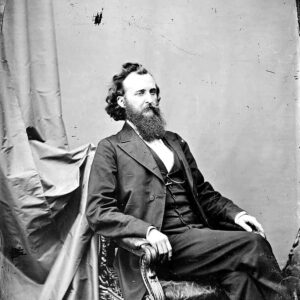 Thomas Boles
Thomas Boles
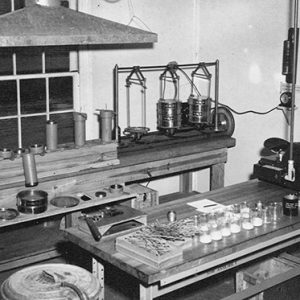 Testing Equipment
Testing Equipment
Bond, Patricia Lee Parker (Pat)
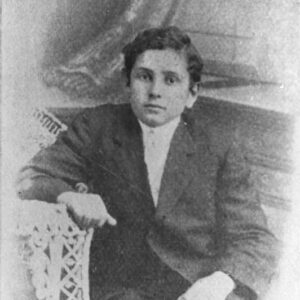 Ulysses Bond
Ulysses Bond
Bond, Ulysses Simpson (U. S.)
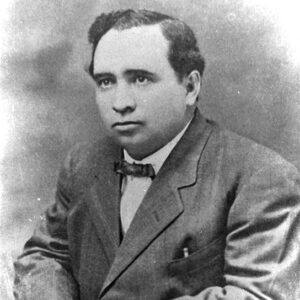 Waverly Bond
Waverly Bond
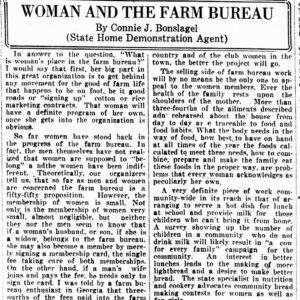 Connie Bonslagel Editorial
Connie Bonslagel Editorial
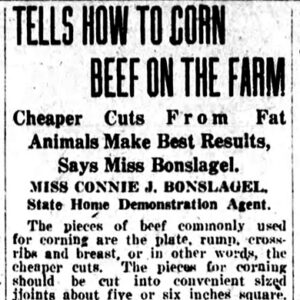 Connie Bonslagel Article
Connie Bonslagel Article
Bonslagel, Constance Josephine (Connie)
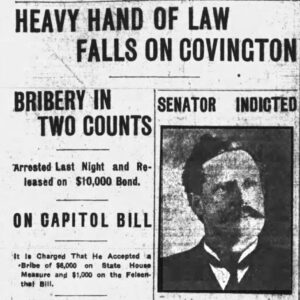 Boodle Indictment of Covington
Boodle Indictment of Covington
Boodle Prosecutions
aka: Boodle Scandal of 1905–1908
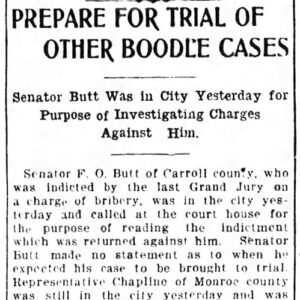 Boodle Indictment of Butt
Boodle Indictment of Butt
Bookout, Jerry
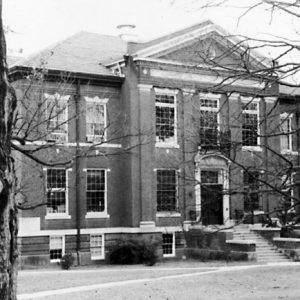 Boone County Courthouse
Boone County Courthouse
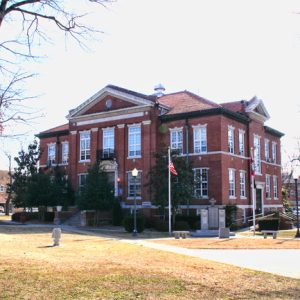 Boone County Courthouse
Boone County Courthouse
 Boozman Campaign
Boozman Campaign
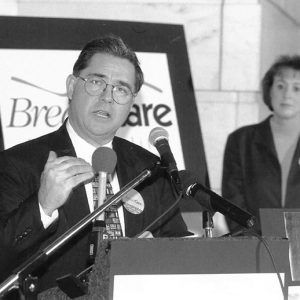 Boozman Speaking
Boozman Speaking
Boozman, Fay
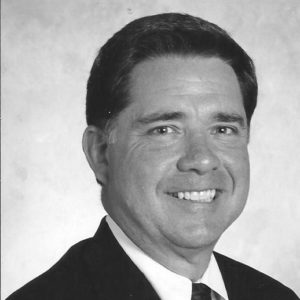 Fay Boozman
Fay Boozman
Boozman, John
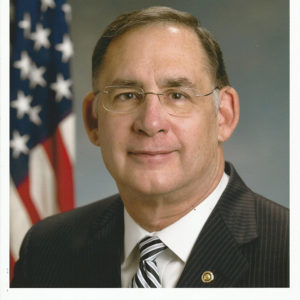 John Boozman
John Boozman




